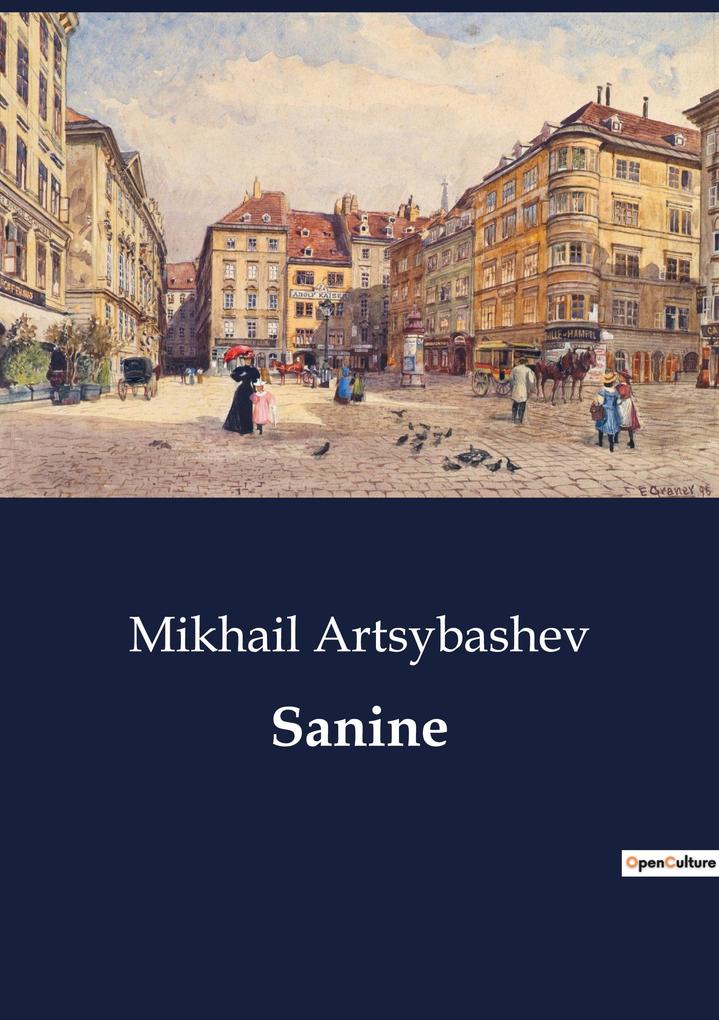
Zustellung: Sa, 18.01. - Di, 21.01.
Versand in 2 Tagen
VersandkostenfreiBestellen & in Filiale abholen:
Vladimir Sanine has arrived back to the family home where his mother and younger sister live, after several years away. While deciding what to do with his life, he meets up with a circle of friends and acquaintances, old and new, and spends his time as many carefree young adults do: in a whirl of parties, politics, picnics, and philosophical talk. But the freedoms of early twentieth century Russia are still held back by the structures of historical conduct, and their carefree attitudes erode when put in conflict with society s expectations.
In Sanine, Artsybashev describes a group of young adults in a time of great uncertainty, with ongoing religious and political upheaval a daily occurrence. A big focus of the critical response when it was published was on the portrayal of sexuality of the youths, something genuinely new and shocking for most readers.
Artsybashev considered his writing to be influenced by the Russian greats (Chekhov, Dostoevsky, and Tolstoy) but also by the individual anarchism of the philosopher Max Stirner. Sanine was originally written in 1903, but publication was delayed until 1907 due to problems with censorship. Even publication didn t stop Artsybashev s problems, as by 1908 the novel was banned as pornographic. This edition is based on the 1915 translation by Percy Pinkerton.
In Sanine, Artsybashev describes a group of young adults in a time of great uncertainty, with ongoing religious and political upheaval a daily occurrence. A big focus of the critical response when it was published was on the portrayal of sexuality of the youths, something genuinely new and shocking for most readers.
Artsybashev considered his writing to be influenced by the Russian greats (Chekhov, Dostoevsky, and Tolstoy) but also by the individual anarchism of the philosopher Max Stirner. Sanine was originally written in 1903, but publication was delayed until 1907 due to problems with censorship. Even publication didn t stop Artsybashev s problems, as by 1908 the novel was banned as pornographic. This edition is based on the 1915 translation by Percy Pinkerton.
Produktdetails
Erscheinungsdatum
08. April 2023
Sprache
englisch
Seitenanzahl
380
Autor/Autorin
Mikhail Artsybashev
Verlag/Hersteller
Produktart
kartoniert
Gewicht
491 g
Größe (L/B/H)
210/148/21 mm
Sonstiges
Paperback
ISBN
9791041803569
Entdecken Sie mehr
Bewertungen
0 Bewertungen
Es wurden noch keine Bewertungen abgegeben. Schreiben Sie die erste Bewertung zu "Sanine" und helfen Sie damit anderen bei der Kaufentscheidung.









